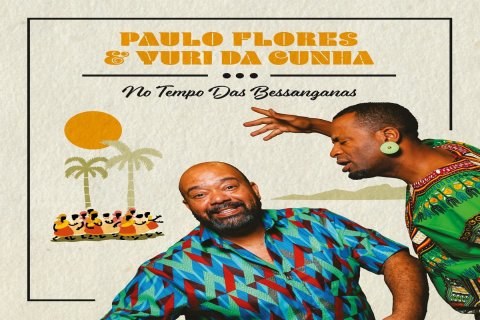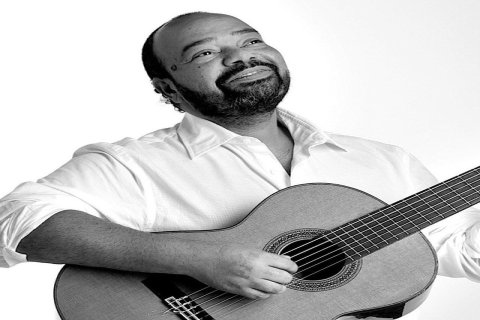Paulo Flores

Paulo Flores: Angolan Musician and Cultural Icon
Paulo Flores is a renowned Angolan musician, songwriter, and cultural icon known for his captivating fusion of traditional Angolan rhythms with contemporary sounds. Born in Luanda, Angola, on July 1, 1972, Flores began his musical journey in the late 1980s and quickly gained popularity in Angola and beyond.
Music Career:
-
Early Success: Flores' career took off in the early 1990s with the release of his debut album "Dikidi." The album was an instant hit, introducing his unique blend of Angolan rhythms and soulful vocals to the music scene.
-
International Recognition: Flores' subsequent albums, such as "Independência" (1997), "Kapuete" (1999), and "Ngana Zenza" (2002), garnered international recognition and critical acclaim. He gained a dedicated fan base across Africa, Europe, and the Americas.
-
Award-Winning Artist: Flores has been the recipient of numerous awards throughout his career, including several Angola Music Awards and the prestigious BBC Radio 3 Awards for World Music. His music has been praised for its authenticity, lyrical depth, and innovative approach to combining traditional and modern musical elements.
-
Collaborations and Cultural Exchange: Flores has collaborated with a diverse range of artists, including the likes of Salif Keita, Tito Paris, and Carlos Bica. These collaborations have further enriched his music and expanded his cultural reach, fostering a sense of unity and understanding among different musical traditions.
Cultural Impact:
-
Voice of Angola: Paulo Flores is widely regarded as one of the most prominent voices of Angola. His music often addresses social and political issues affecting the country, and he has become a symbol of hope and inspiration for many Angolans.
-
Promoting Angolan Culture: Flores has been instrumental in promoting Angolan culture on a global scale. Through his music, he showcases the richness and diversity of Angolan musical traditions, helping to break down stereotypes and prejudices associated with the country.
-
Unifying Influence: Flores' music has a unifying effect, bringing together people from different backgrounds and cultures. His concerts and performances have become melting pots of diversity, where audiences can come together and celebrate the common bond of music.
Legacy:
Paulo Flores' enduring legacy lies in his ability to bridge cultural gaps, foster understanding, and inspire positive change through his music. As a musical ambassador for Angola, he has significantly contributed to raising the country's profile on the international stage and promoting its rich cultural heritage. Flores continues to be a source of pride and inspiration for Angolans and music enthusiasts worldwide.






